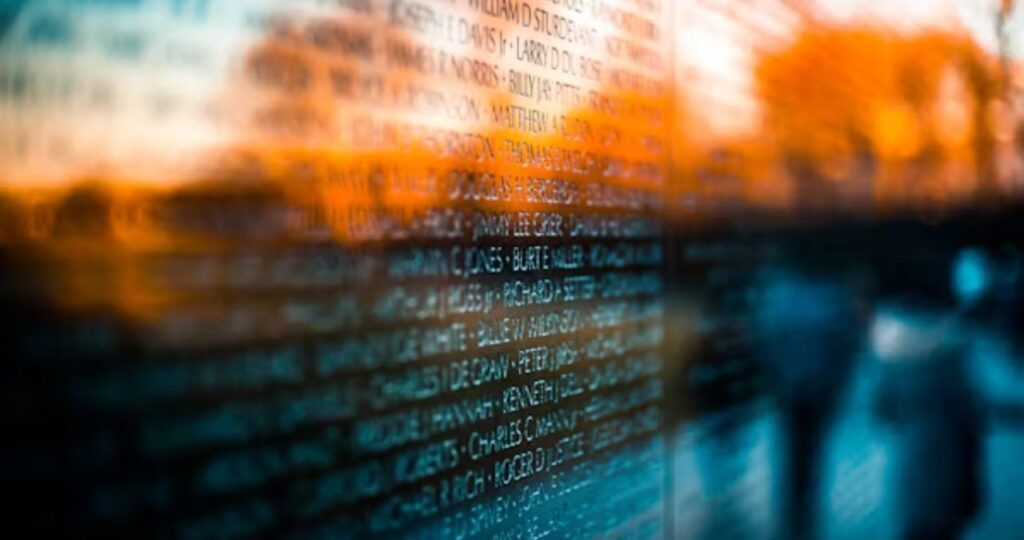The internet has created countless ways for communities to form, share content, and preserve digital culture. Among these platforms, Lisakowww 4archive has emerged as a notable player in the archival space, serving users who seek to preserve and access specific types of online content. But what exactly is Lisakowww 4archive, and why has it gained attention in certain digital circles?
This comprehensive guide explores the platform’s purpose, functionality, and cultural significance. Whether you’re encountering this term for the first time or seeking to understand its role in digital preservation, you’ll gain valuable insights into how archival platforms like this one shape our online experiences.
Understanding these archival systems becomes increasingly important as digital content becomes more ephemeral and platforms change their policies. Let’s examine what makes Lisakowww 4archive unique and why it matters in our connected world.
What Is Lisakowww 4archive?
Lisakowww 4archive represents a specialized archival platform designed to capture and preserve content from various online sources. The platform operates within the broader ecosystem of internet archiving, where users can access previously posted material that might otherwise become unavailable due to deletions, policy changes, or platform shutdowns.
The “4archive” component of the name suggests a connection to imageboards and similar community-driven platforms, where content often has a temporary lifespan. These archives serve as digital repositories, maintaining access to discussions, images, and cultural moments that would otherwise disappear from the internet.
Unlike mainstream social media platforms that maintain permanent records of user posts, many online communities operate on systems where content automatically expires or gets deleted. This creates a need for external archival services that can capture and preserve these fleeting digital moments.
The Role of Digital Archives
Digital archiving serves multiple purposes in our interconnected world. These platforms preserve cultural artifacts, maintain historical records, and provide researchers with access to online communities and their evolution over time.
Preserving Internet Culture
Online communities develop their own languages, memes, and cultural references that might seem insignificant in the moment but prove valuable for understanding digital society’s development. Archives capture these cultural markers, creating a record of how internet communities communicate and evolve.
Supporting Research and Documentation
Academics, journalists, and researchers often rely on archived content to understand online movements, track the spread of information, or document significant events as they unfold across digital platforms. Without these archives, much of internet history would simply vanish.
Maintaining Access to Information
Sometimes important discussions, educational content, or valuable resources get removed from their original platforms. Archives ensure that useful information remains accessible even when the original sources become unavailable.
How Archive Platforms Function
Most archival platforms operate through automated systems that regularly capture content from specified sources. These systems, often called crawlers or scrapers, systematically collect posts, images, and metadata before storing them in searchable databases.
The process typically involves several steps: identification of new content, capture of the material along with relevant context, processing and organization of the archived data, and finally, presentation through a user-friendly interface that allows searching and browsing.
Many archives also rely on community contributions, where users can submit specific content for preservation or request that certain materials be archived. This collaborative approach helps ensure that culturally significant content doesn’t slip through the cracks of automated systems.
Technical Considerations
Running an effective archive requires substantial technical infrastructure. Storage systems must handle large volumes of data while maintaining quick access times for users. The platforms need robust search capabilities that can handle various types of content and metadata.
Database management becomes crucial when dealing with millions of archived items. Effective categorization, tagging, and indexing systems help users find specific content within vast collections. Many archives also implement redundancy measures to prevent data loss and ensure long-term preservation.
Security considerations play an important role as well. Archive platforms must balance open access with privacy concerns, implement measures to prevent abuse, and comply with relevant legal requirements while maintaining their core mission of preservation.
Legal and Ethical Considerations
Digital archiving operates within a complex landscape of copyright law, privacy rights, and platform terms of service. Archive operators must navigate these challenges while pursuing their preservation goals.
Fair use doctrines often provide some protection for archival activities, particularly when they serve educational, research, or cultural preservation purposes. However, the legal landscape continues to evolve as courts address new questions about digital content and archival rights.
Privacy concerns arise when archives preserve content that users might have intended to be temporary or limited in scope. Balancing public interest in preservation with individual privacy rights remains an ongoing challenge for archive operators.
The Broader Archival Ecosystem
Lisakowww 4archive exists within a larger network of digital preservation efforts. Organizations like the Internet Archive, with its Wayback Machine, preserve websites and digital media on a massive scale. Specialized archives focus on particular types of content or communities.
Academic institutions increasingly recognize the value of digital archives for research purposes. They often maintain their own archival systems or partner with existing platforms to ensure long-term access to important digital materials.
Government agencies and cultural institutions also participate in digital preservation efforts, recognizing that online content represents significant cultural and historical artifacts worthy of preservation alongside traditional media.
Future of Digital Archiving
The field of digital archiving continues to evolve as technology advances and new challenges emerge. Machine learning and artificial intelligence increasingly help with content categorization and metadata generation, making archives more searchable and useful.
Blockchain technology and decentralized storage systems offer potential solutions for ensuring long-term preservation without relying on single institutions or companies. These approaches could make archives more resilient to censorship or technical failures.
As internet culture becomes more central to society, the importance of preserving digital content will likely continue growing. Archives like Lisakowww 4archive play a crucial role in maintaining access to our collective digital heritage.
Understanding Your Digital Footprint
For individual users, understanding how archive platforms work can inform decisions about online participation. Content posted to public forums or platforms may be preserved in archives long after deletion from the original source.
This reality doesn’t necessarily discourage online participation but rather encourages thoughtful consideration of what we share in digital spaces. Understanding that internet content can have lasting impacts helps users make informed decisions about their digital presence.
Privacy-conscious users can research which platforms and communities are regularly archived and adjust their participation accordingly. Some archives also provide mechanisms for content removal requests, though policies vary significantly between platforms.
Why Digital Preservation Matters
Digital preservation ensures that future generations can study and understand our current era through the lens of online culture and communication. Just as we value historical documents and artifacts from previous eras, digital archives preserve the cultural output of internet communities.
These preserved materials serve educational purposes, helping people understand how online communities form, evolve, and influence broader culture. They provide primary source material for researchers studying everything from linguistics to sociology to political movements.
From a practical standpoint, archives also serve current users by maintaining access to valuable information, discussions, and resources that might otherwise become unavailable due to platform changes or technical issues.
Navigating the Archive Landscape
Understanding platforms like Lisakowww 4archive requires recognizing their place within the broader digital ecosystem. These tools serve specific communities and preservation needs while contributing to our collective digital memory.
Users should approach archives with awareness of their purposes and limitations. While these platforms provide valuable services, they also raise important questions about privacy, consent, and the permanence of digital expression.
The future of digital culture depends partly on our collective decisions about what content deserves preservation and how we balance competing interests around access, privacy, and cultural memory. Platforms like Lisakowww 4archive represent one approach to these challenges, preserving content that might otherwise disappear while serving communities that value access to archived material.
By understanding how these systems work and why they exist, we can better navigate our digital world and make informed decisions about our participation in online communities and platforms.






